Basenji
Showing the single result
Shelter Dog Meal Donation Count:
Showing the single result
The Basenji is known for its unique characteristics, such as its inability to bark (it makes a unique chortle or yodel), its cleanliness, and its cat-like grooming habits. They are often called the “barkless dogs” and are valued for their intelligence and independence.
Basenjis are known for their unusual vocalizations, including yodels, chortles, and screams. Unlike most breeds, they do not have a typical bark due to their uniquely shaped larynx.
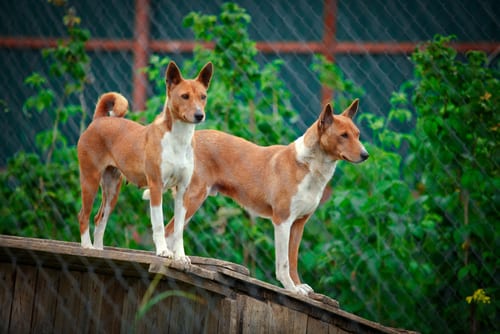
The Basenji is one of the oldest breeds, with origins tracing back to ancient Central Africa. They were originally used for hunting small game and are depicted in ancient Egyptian art.
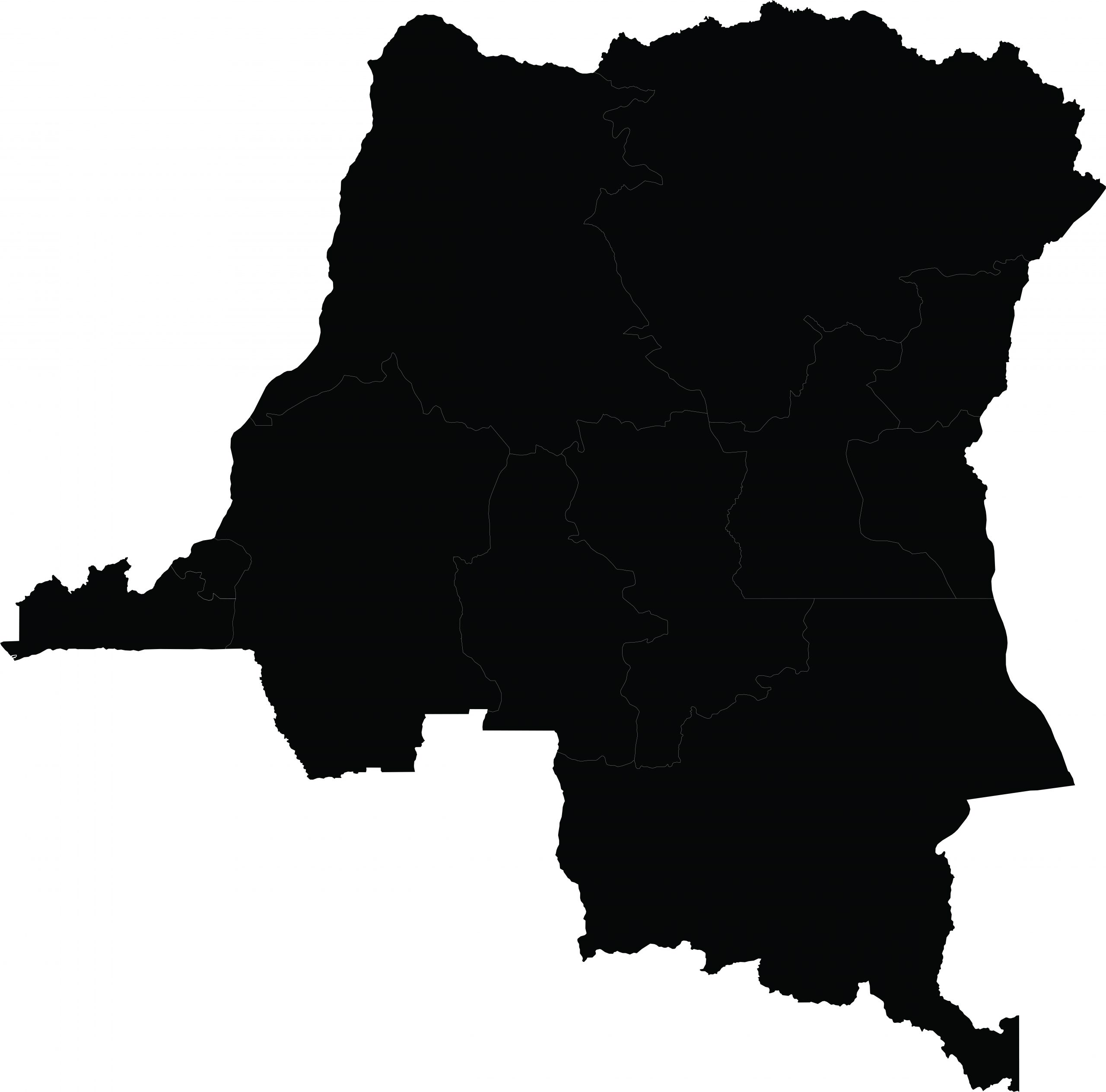
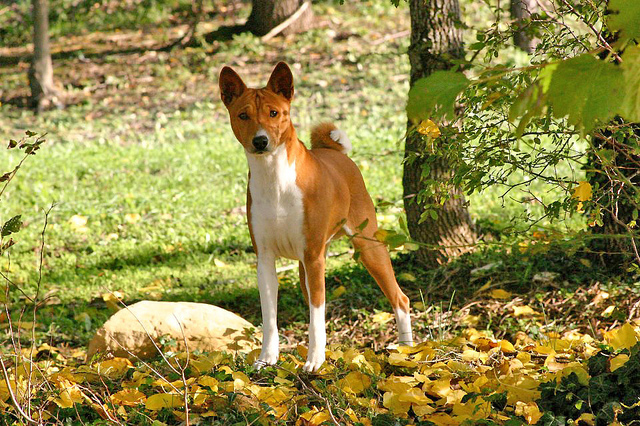
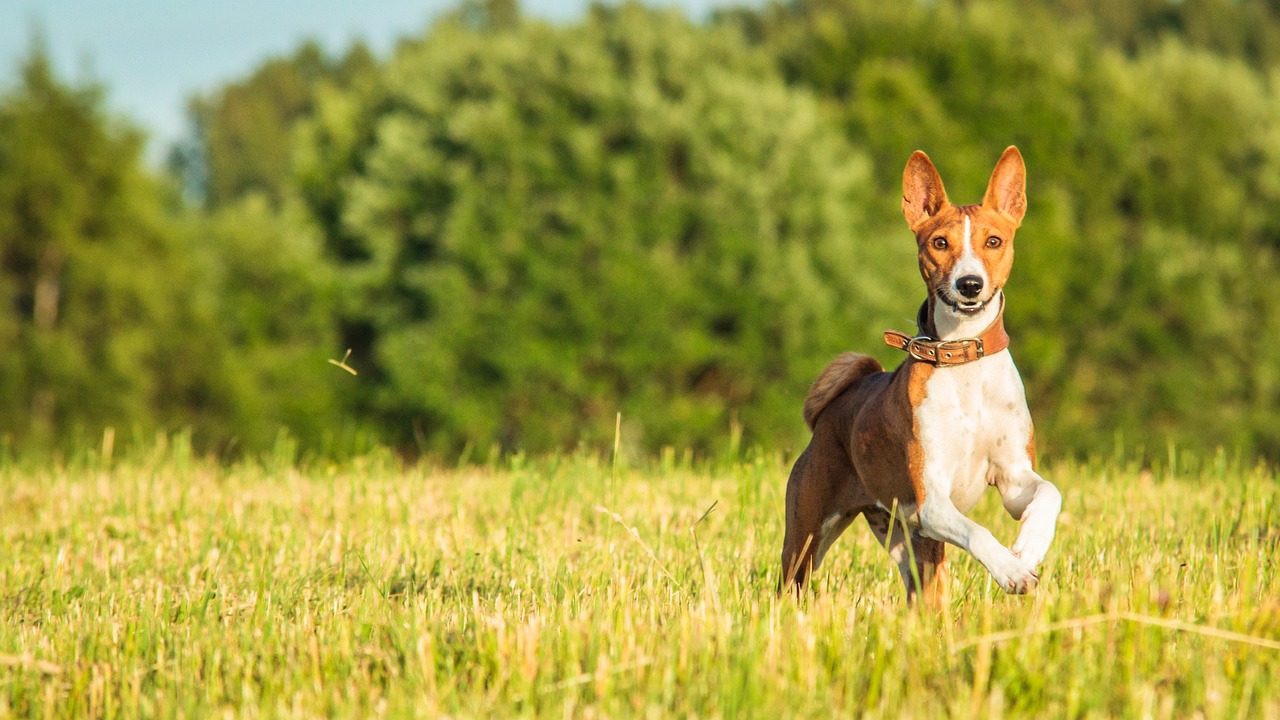
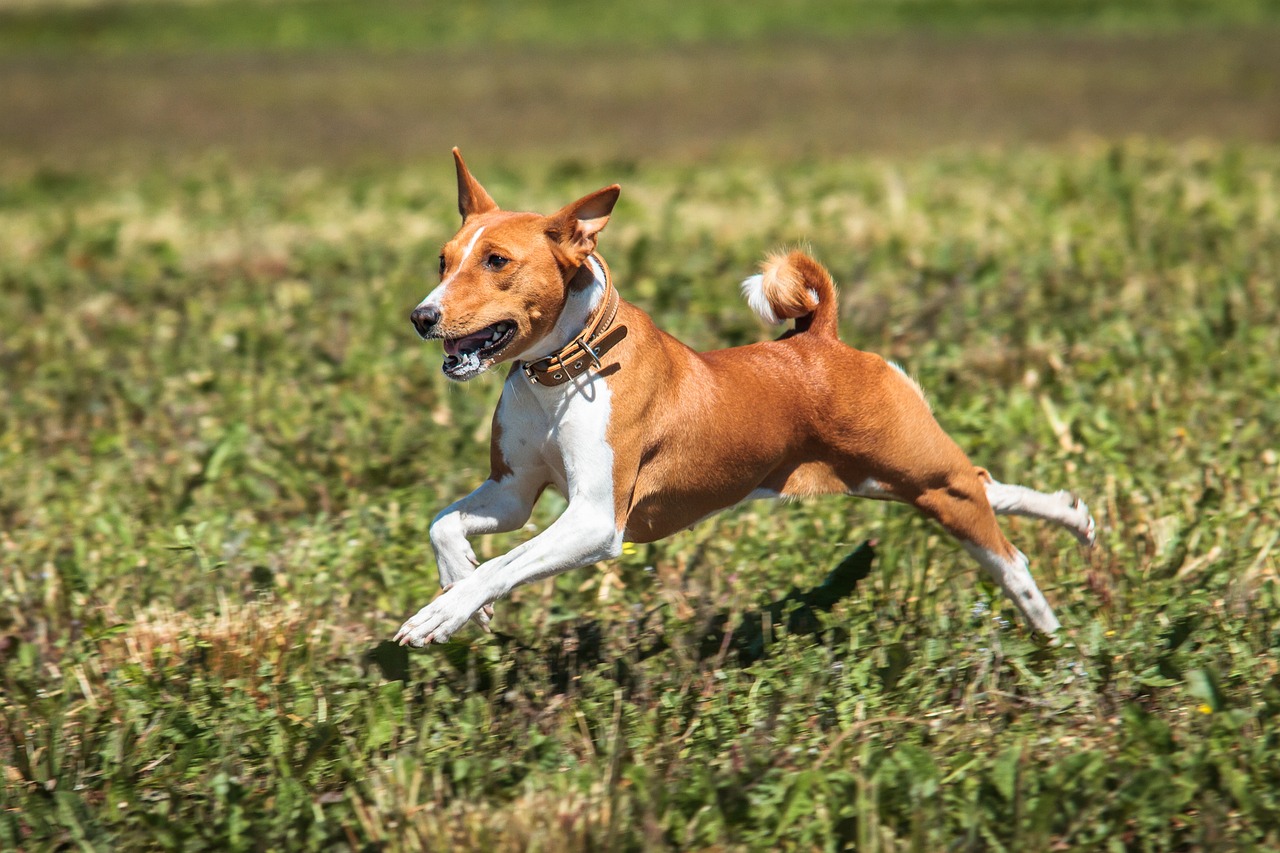
Generally healthy, but prone to Fanconi syndrome, hip dysplasia, and eye problems. Regular health check-ups and genetic testing for Fanconi syndrome are recommended.
Their grooming needs are minimal, with occasional brushing to remove loose hair. They are known for their self-cleaning habits and lack of doggy odor.
Requires daily exercise to satisfy their high energy levels. They enjoy activities that challenge them physically and mentally, such as agility or scent work.
Training a Basenji requires patience, consistency, and positive reinforcement. Due to their independent nature, they may not always follow commands immediately.
A well-balanced diet suitable for their size, age, and activity level is essential. Care should be taken to monitor their food intake to prevent obesity.
Caring for a Basenji requires understanding their unique personality and needs. They thrive in environments where they are part of the family and can participate in various activities. With the right care and attention, Basenjis make affectionate, lively, and intriguing companions.
The Basenji, known for its unique traits and personality, is generally a healthy breed but, like all breeds, is prone to certain health conditions. Awareness of these conditions and conducting recommended tests can help in maintaining their health.
Regular veterinary check-ups are essential to catch any health issues early, and prompt attention to any changes in your dog's behavior or appearance is key. With proper care and attention to health, Basenjis can lead happy, healthy lives as beloved members of their families.
The iHeartDogs Free Rx Discount Card Program is a pet prescription discount card that can help you save money on your furry friend’s medications. The card is free to sign up for, and you can use it at parti
Caring for a Basenji involves various annual expenses, which can vary depending on factors such as your location, the individual dog’s needs, and the level of care you choose to provide. Here’s a general breakdown of the annual costs for a Basenji:
Total Estimated Annual Cost:
$2650 - $6799
It's important to note that these figures are estimates and can vary. Also, the first year of owning a dog can be more expensive due to one-time costs like spaying/neutering, initial vaccinations, and training. Regular budgeting for your dog's needs and an emergency fund for unforeseen costs are essential for responsible pet ownership.